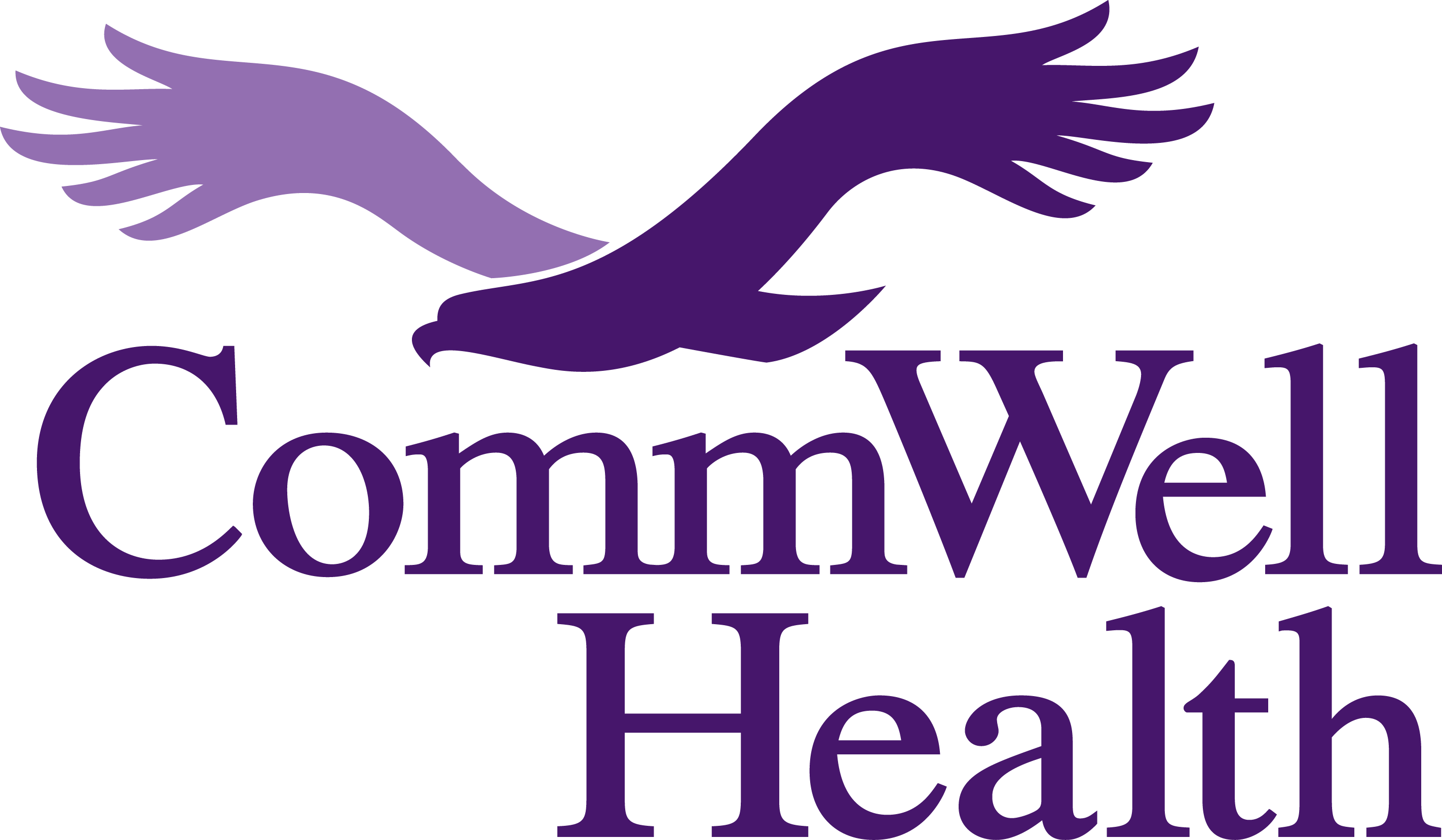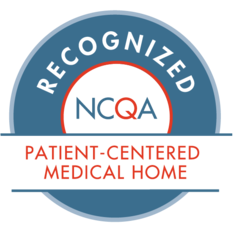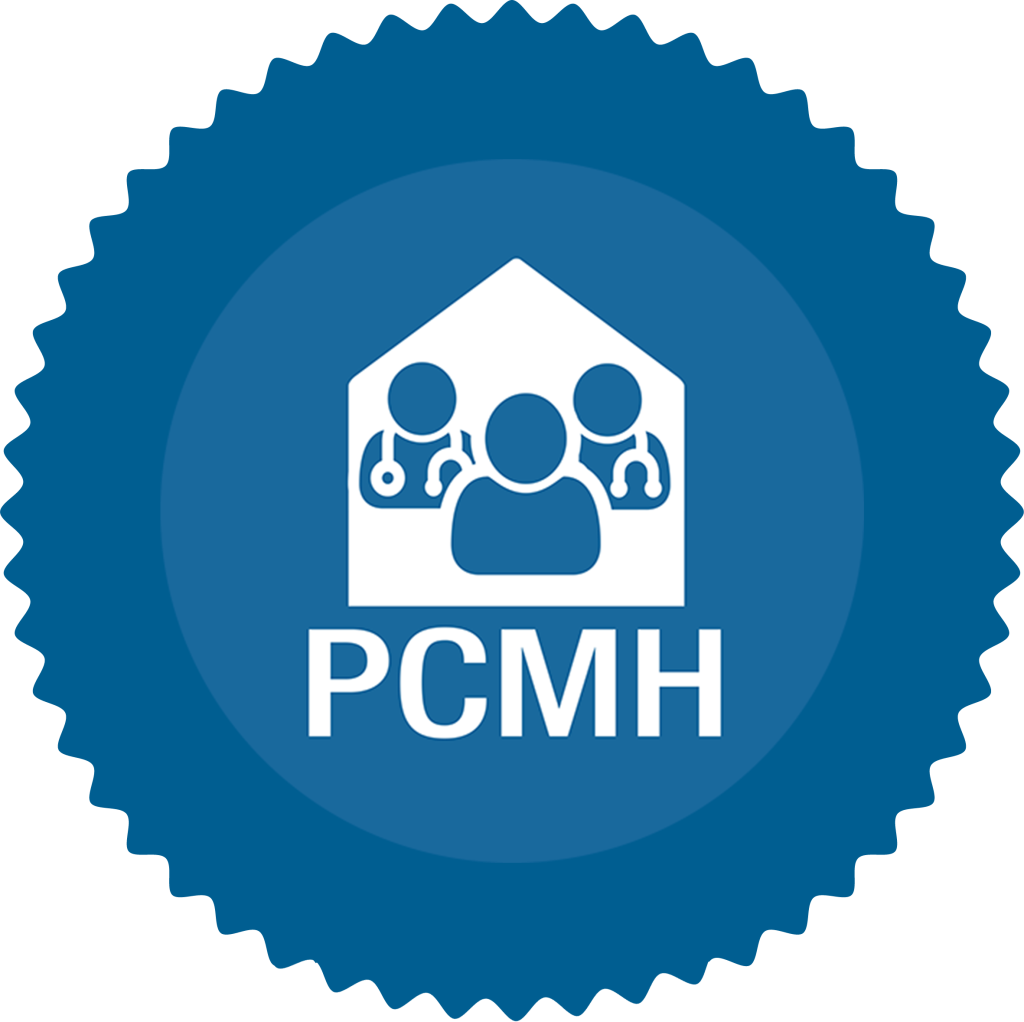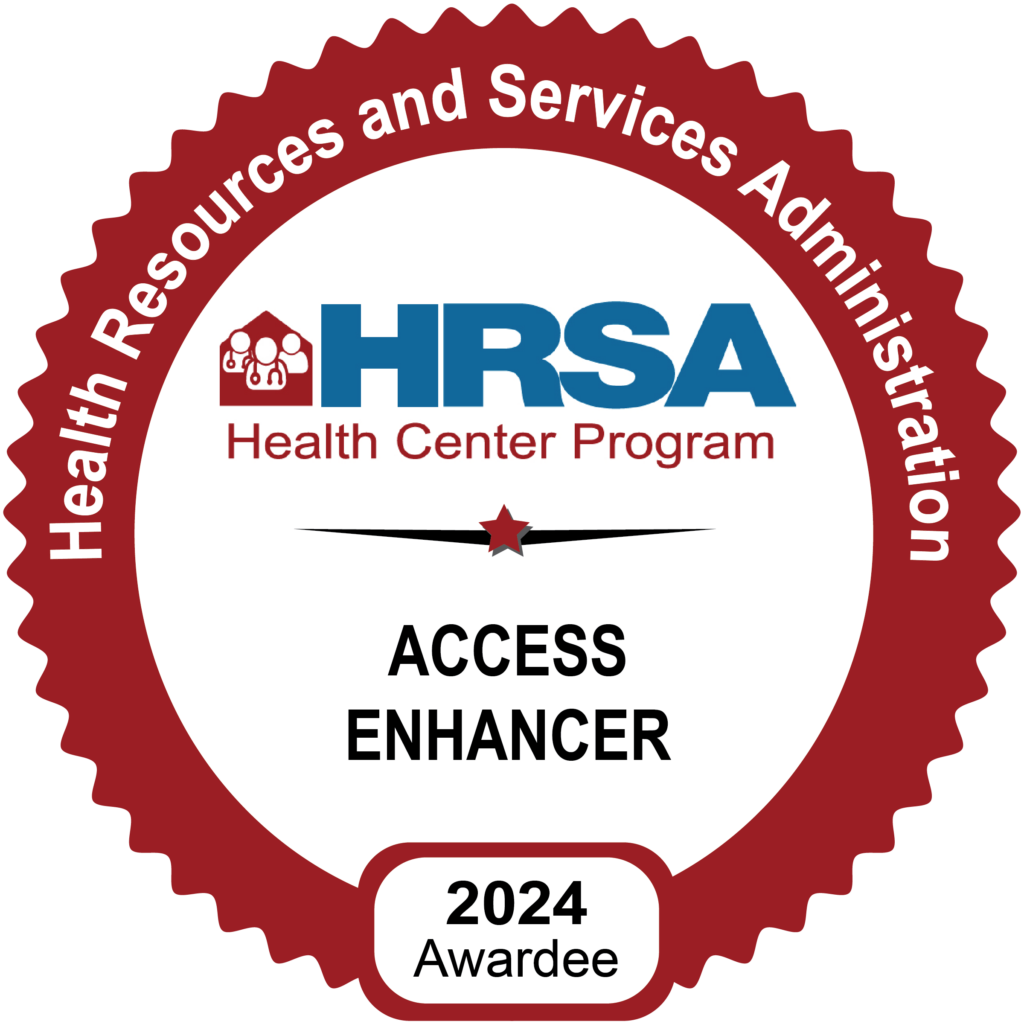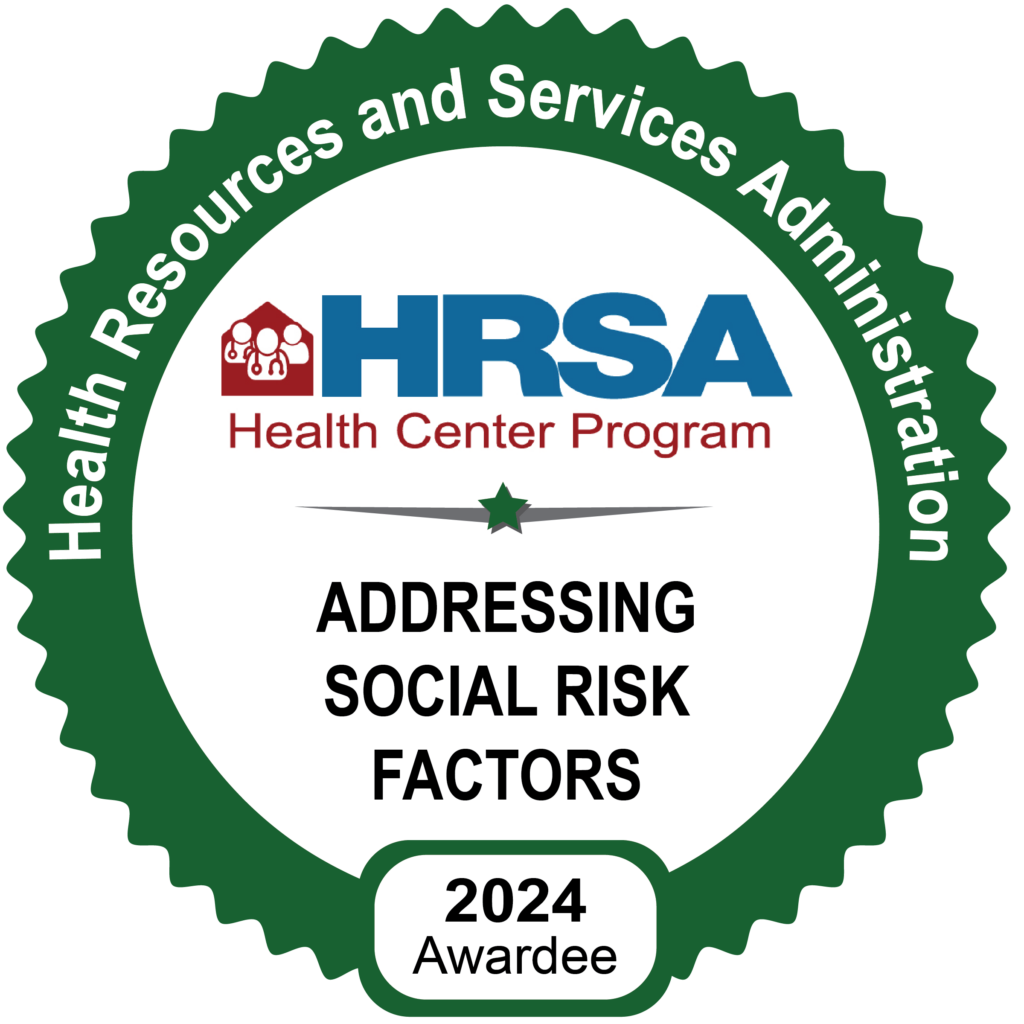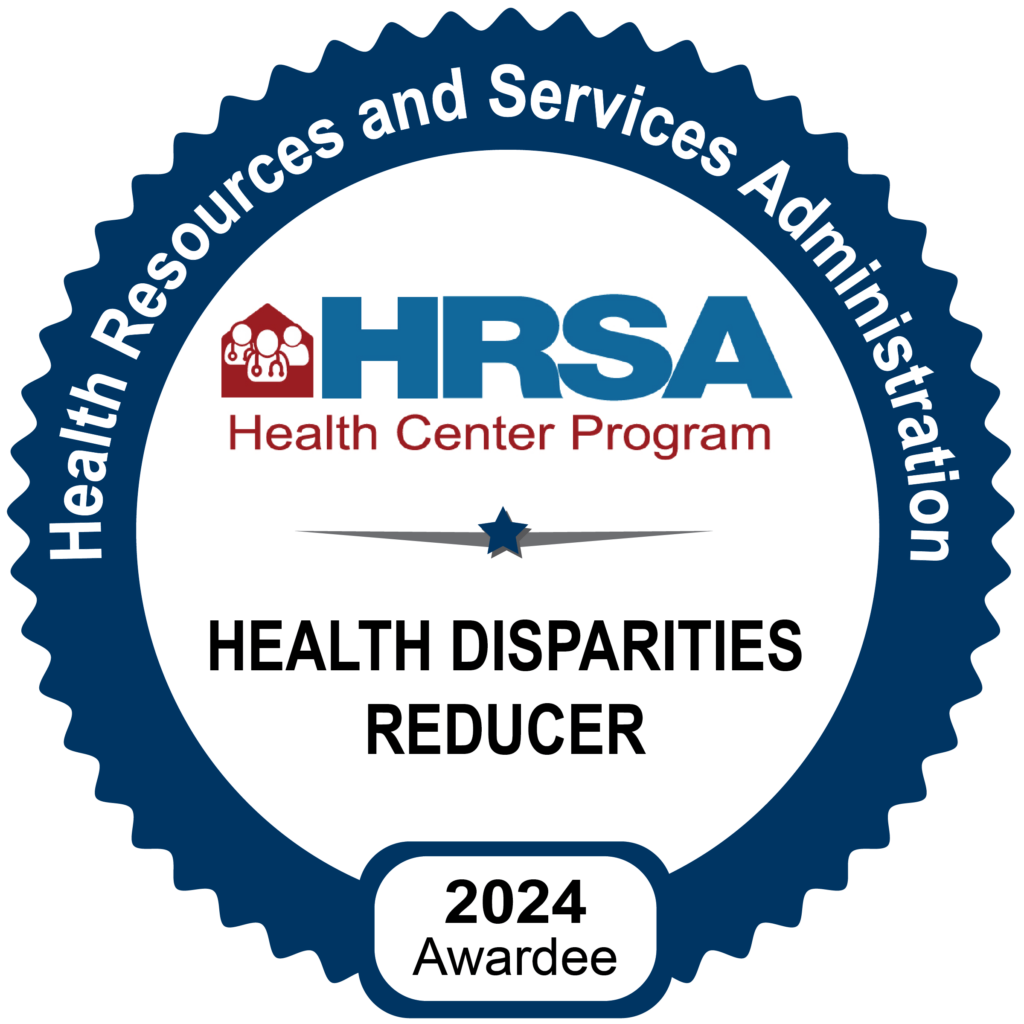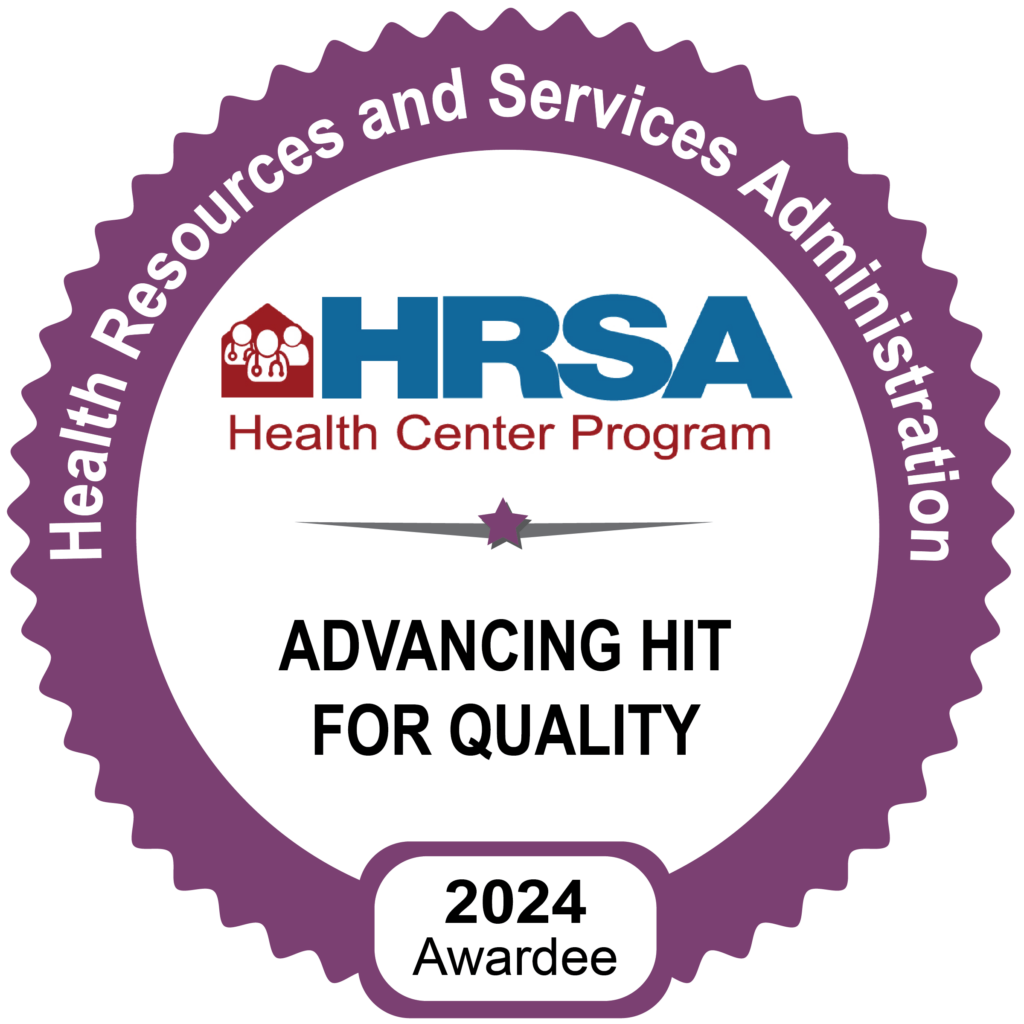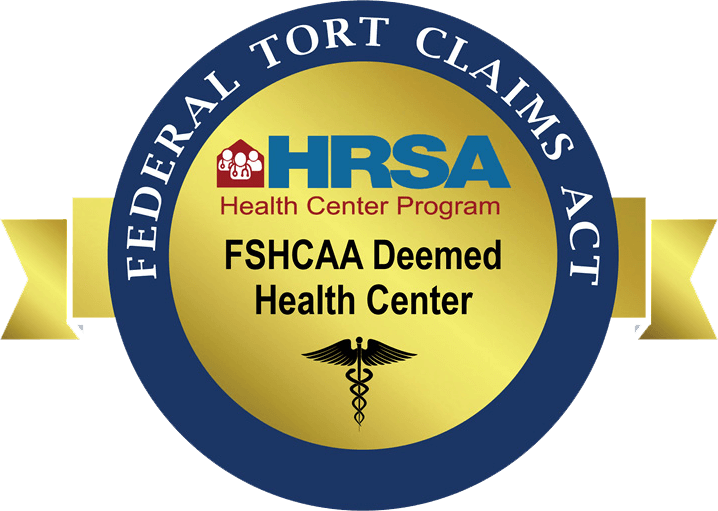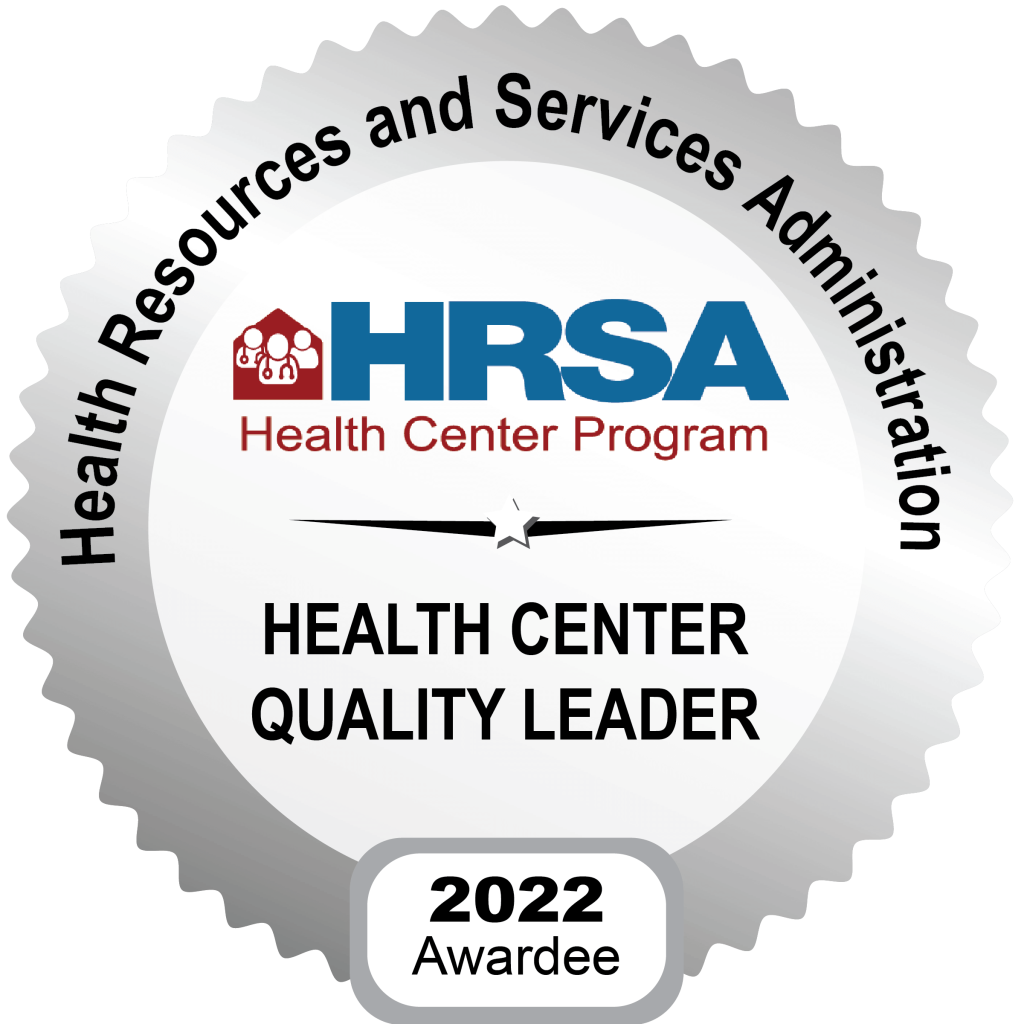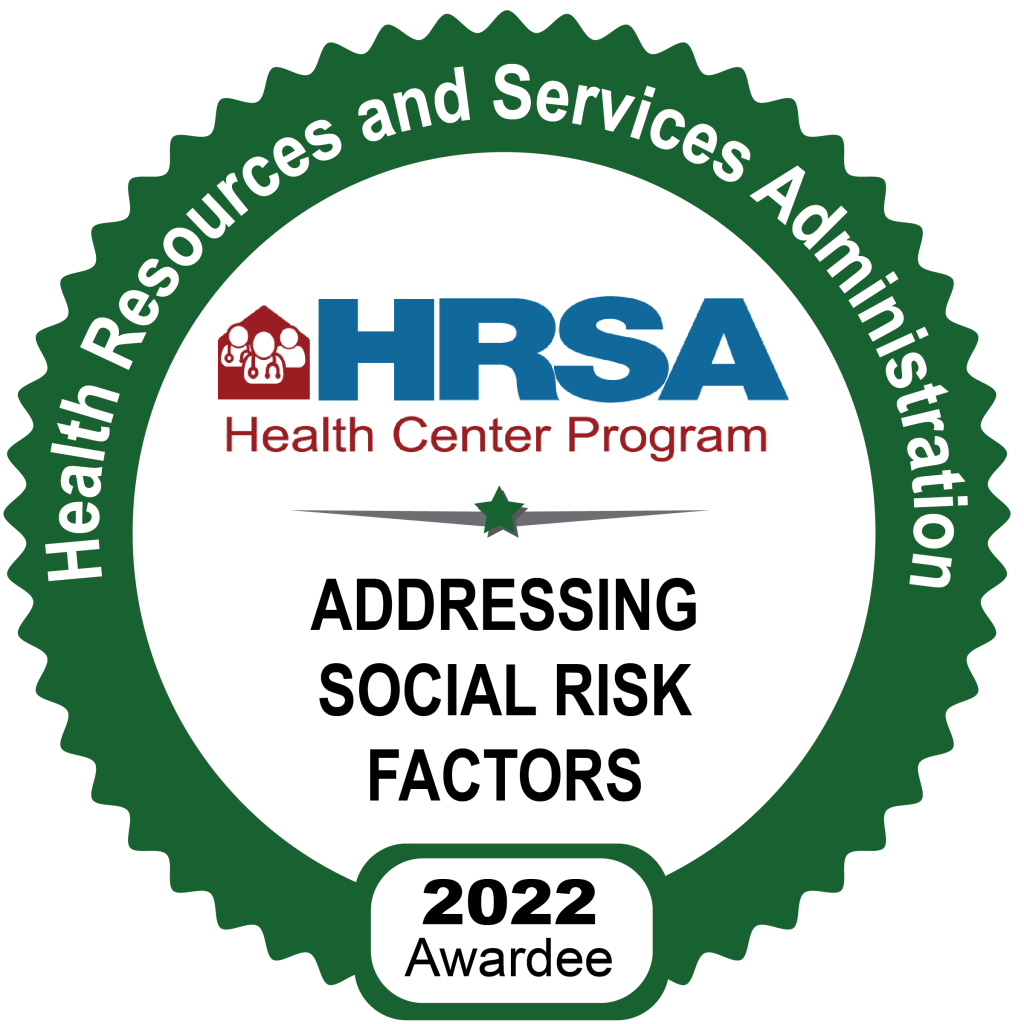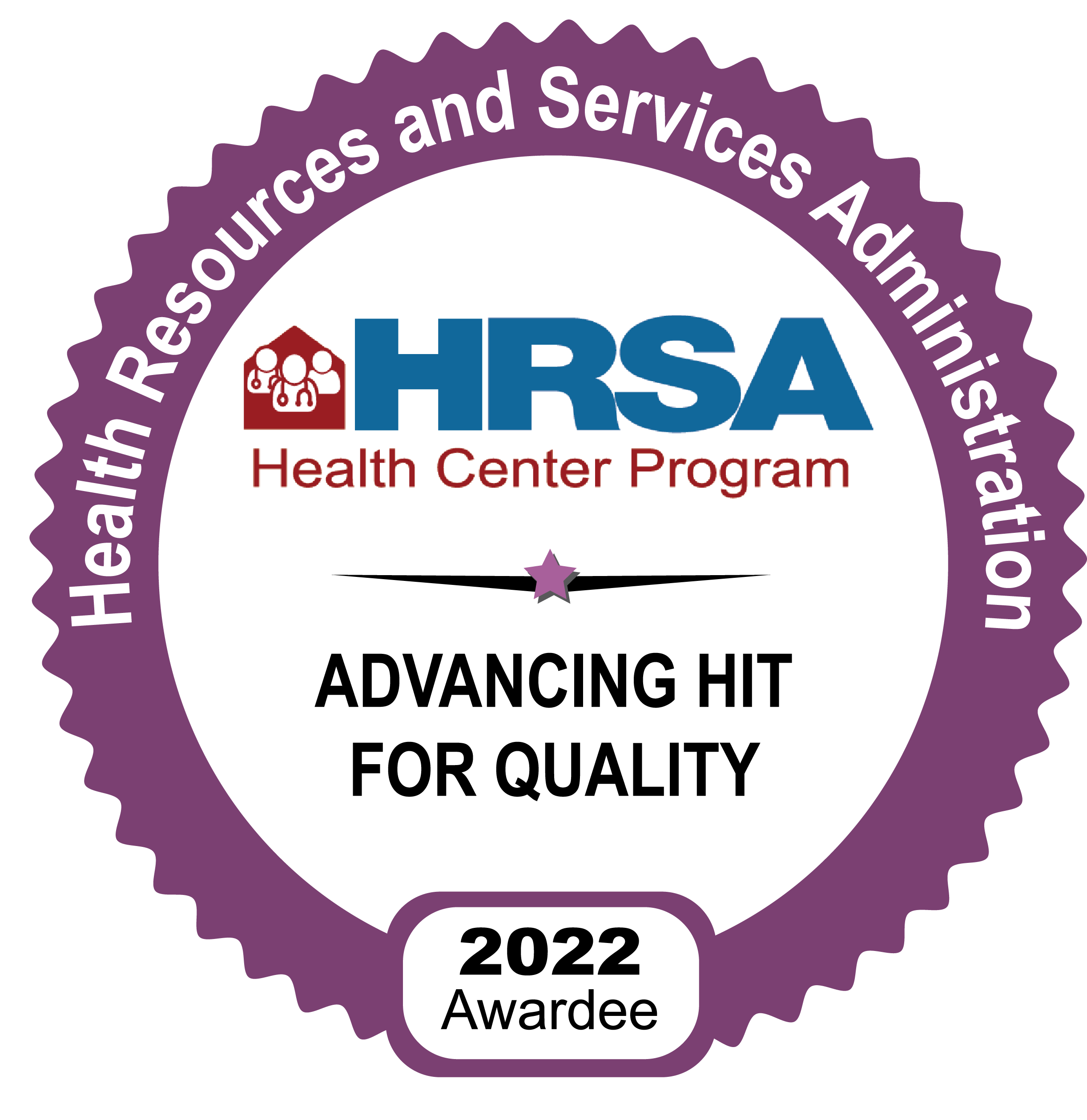The North Carolina Immunization Branch, in conjunction with the Centers for Disease Control and Prevention (CDC) is issuing this release due to a recent increase in the number of measles cases nationwide.

CDC has reported 47 more measles cases, raising the total since the first of the year to 206 cases in 11 states. For comparison, the CDC reported 372 cases for all of 2018, the most since 2014. Affected states are California, Colorado, Connecticut, Georgia, Illinois, Kentrucky, New Jersey, New York, Oregon, Texas, and Washington.Five outbreaks (defined as 3 or more linked cases) have been reported, in Rockland County, New York; Monroe County, New York; New York City; Washington; Texas; and Illinois. Of these outbreaks, two are still ongoing from 2018. NC reported three cases in 2018, and has reported none so far for 2019.
This communication also intends to serve as a reminder that vaccination against measles is the best way to prevent the spread of the disease. CDC urges healthcare professionals to ensure that all patients are up to date on MMR vaccine, including before international travel.
What Should Clinicians Do?
- Discuss the importance of MMR vaccine with parents. Listen and respond to parents’ questions. When parents have questions, it does not necessarily mean they won’t accept vaccines. Sometimes, they simply want your answers to their questions.
- Ensure all patients are up to date on measles, mumps, rubella (MMR) vaccine.
- Children need 2 doses of MMR: one dose at 12-15 months and another dose at 4-6 years.
- Before any international travel, infants 6-11 months need 1 dose of MMR vaccine, children 12 months and older need 2 doses separated by at least 28 days, and teenagers and adults who do not have evidence of immunity against measles need 2 doses separated by at least 28 days.
- Consider measles in patients presenting with febrile rash illness and clinically compatible measles symptoms (cough, coryza, and conjunctivitis), and ask patients about recent travel internationally or to domestic venues frequented by international travelers, as well as a history of measles exposures in their communities.
- Promptly isolate patients with suspected measles to avoid disease transmission and immediately report the suspect measles case to the health department.
- Obtain specimens for testing from patients with suspected measles, including viral specimens for genotyping, which can help determine the source of the virus. Contact the local health department with questions about submitting specimens for testing.
For more information, please visit:
- Measles for Healthcare Professionals for patient evaluation, diagnosis and management guidelines
- Provider Resources for Vaccine Conversations with Parents, which aim to strengthen communication between healthcare professionals and parents
For information to share with parents, please visit:
- Measles: Make Sure Your Child is Fully Immunized for a recent article for parents about measles
- Educational Resources for Parents and Childcare Providers for resources to share with parents, including printable fact sheets, posters, and printable infographics
Below is additional information about measles for healthcare professionals:
- NC DHHS Communicable Disease Branch Measles Information
- TEDMED at CDC:Measles-Making a Disease Disappear conference talk from 2013
- CDC Expert Commentary video on Medscape about measles
*Preliminary data reported to CDC.
Please contact the NCIR Helpdesk with any questions by phone: 1-877-USE-NCIR (873-6247) or by email: NCIRHelp@dhhs.nc.gov
